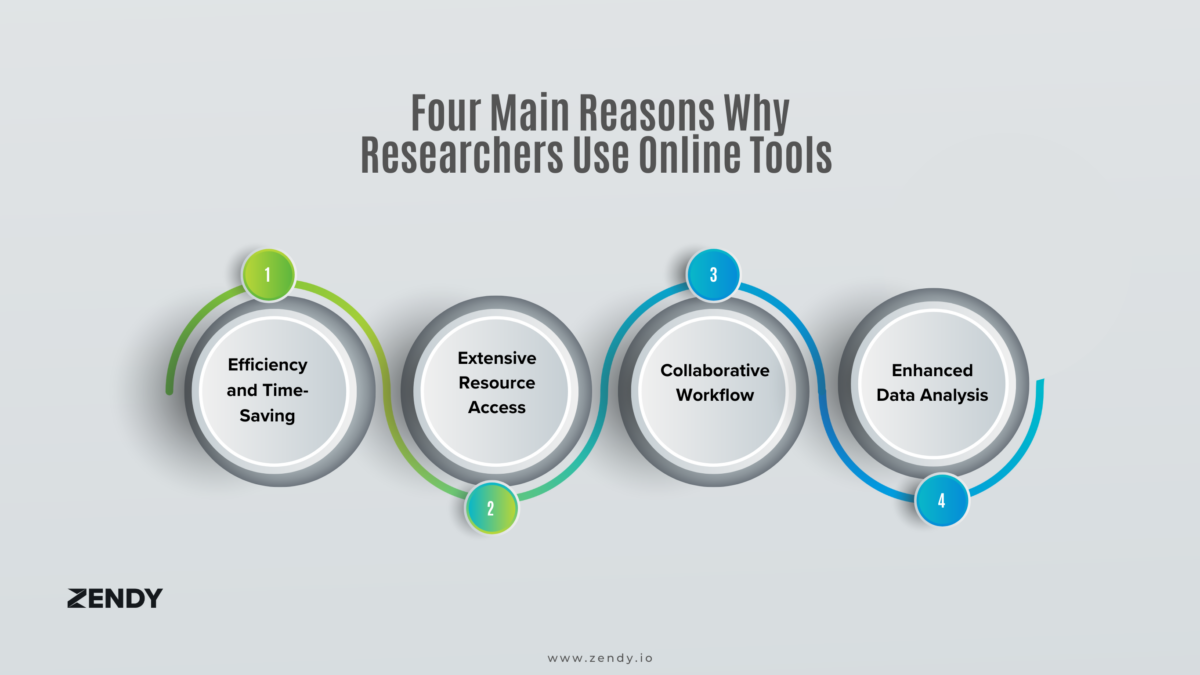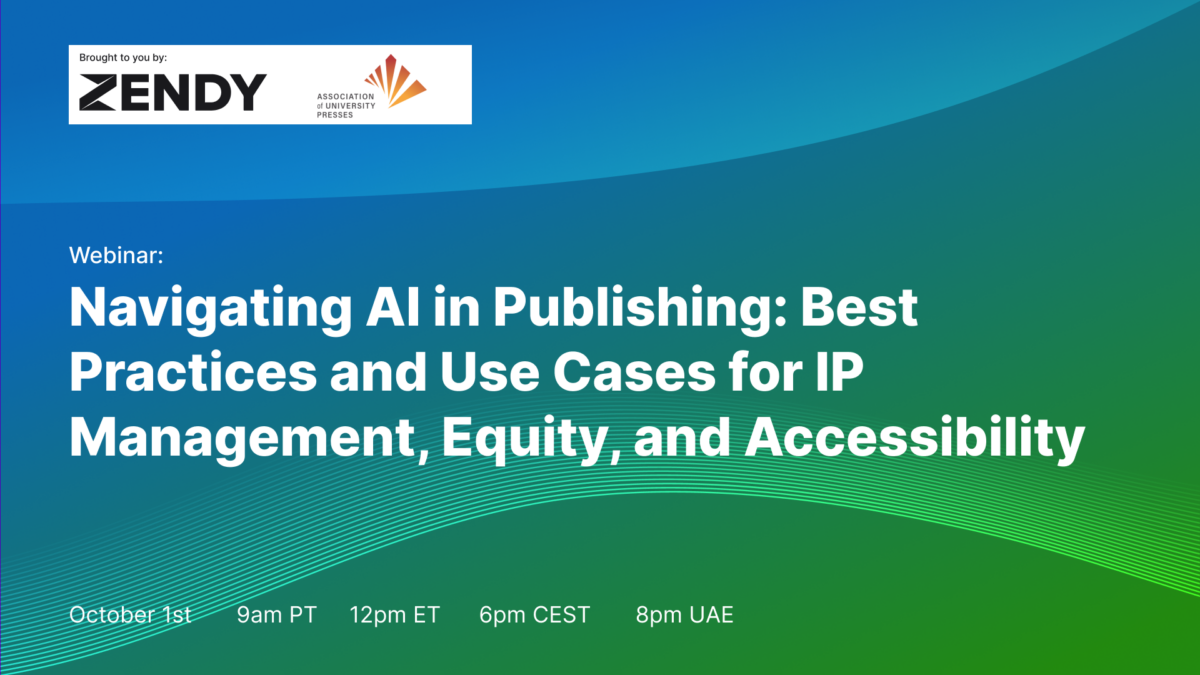If you’re just starting your research or unsure where to begin, these research tools for researchers can help you get started and make your work easier.
Brainstorming Tools
Defining a clear scientific topic has always been the challenging part of the research process. Even with a deep understanding of the field, researchers cannot stop asking themselves, “Do I provide a real solution?” That’s why brainstorming is such an important step, as it helps you go from Zero to One. Here’s a list of research tools used in brainstorming to help you set up your topics and make sure it’s unique and relevant.
Miro is an online platform for you and your colleagues to gather every idea in one place. It gives you plenty of templates such as mind maps, bubble maps, or even tree maps with sticky notes that will help you pull out your thoughts from your mind right in front of your eyes. This easy and simple online tool used in research will save you hours of thinking inside your head.
What makes MindMeister unique and suitable for research tools is that it has the user interface of what a researcher’s mind needs, especially in the phase of choosing a topic. You and your team can use MindMeister on the go with a native mobile application for both Android and iOS. Benefits?
| Tool | Free Plan Features |
| Miro | 3 editable boards, templates, 100+ integrations |
| MindMeister | Up to 3 mind maps, unlimited collaborators and mobile apps. |
Literature Search & Access Tools
Now, after a long day of brainstorming, you finally have your next research topic in hand. It’s time to conduct and structure a literature review to set the stage for your research question.
In the past, researchers would travel to universities and libraries to access academic resources. With the arrival of the internet, they began to search online across many websites. Now, there are millions of research papers available online. Despite the increased accessibility, the need for a one-stop shop for peer-reviewed academic papers has become essential. These research tools have been designed to provide access to millions of articles in one place, while also offering features to help you organise them efficiently.
With over 48 million research papers on a wide range of topics used by over 751,000 researchers worldwide, Zendy is one of the top 10 open access library databases that offer much more than just an online database for academic resources. Its simple, easy-to-use interface and powerful search filters make it one of the most efficient research tools available. This allows you to quickly find the articles you need, organise your sources and build a solid foundation for your research, saving you both time and money during the literature review stage.
With Zendy, you have three options:
- Zendy Open – The free plan gives access to open-access articles.
- Zend Plan gives you unlimited AI research tools, including ZAIA, AI Summarise, Insights, PDF Analysis, and Keyphrase Highlight.
- Zendy Plus – Full access to paywalled articles along with unlimited usage of AI tools.
Google Scholar is one of the most widely used research tools today. It’s a free tool that allows researchers to easily search through millions of academic articles, theses, books, and conference papers across various disciplines. In 2026, it continues to be an essential tool for students, professionals and researchers who need quick access to high-quality, peer-reviewed materials.
While Google Scholar may not have the same in-depth organisational tools as other research tools, its ability to provide access to a vast amount of information with minimal effort makes it a go-to option for many researchers.
Reference and Citation Management Tools
Organising large amounts of data, sharing findings with colleagues, managing complex citations and references, and, of course, keeping up with deadlines, these tasks can be time-consuming and feel overwhelming. However, tools used in research like Zotero and Paperpile can help take care of all these details. These research tools make managing your project a lot easier, allowing you to focus on what really matters without getting weighed down by the small stuff.
Instead of having documents and notes scattered all over the place, tools used in research like Zotero and Paperpile keep everything in one spot, so it’s easy to find what you need, saving time and reducing mistakes.
Zotero is one of the great research tools for organising your project. It automatically grabs citation details from websites and academic databases, and you can attach PDFs, notes and other files to each reference, so everything stays in one place. Zotero allows you to organise your research into collections and tags, making it easier to find what you need later. It also integrates with Word and Google Docs to add citations and create bibliographies while you write. Plus, it syncs across devices, so you can access your research anytime, anywhere. It’s a simple way to stay organised and keep everything in one spot.
If you’re looking for research tools that integrate easily with Google’s ecosystem, Paperpile is the best choice. It’s specifically built for Google apps! You can organise, find and collect, download and sync, annotate, share, and cite in Google Docs. With its clean interface and integration with Google, Paperpile is a great choice for anyone looking to simplify research management. It’s straightforward, user-friendly and saves lots of hours.
Data Collection and Survey Tools
Not so long ago, researchers often gathered data based on assumptions and possibilities within a small circle of interest, which wasn’t always accurate. Today, with the help of advanced research tools, you can collect and analyse data more precisely from a broader range of samples online.
I’ve tried Jotform, and in just 1:57 minutes, I created an account and built a form with basic questions (name, age, location, background, etc.) using its drag-and-drop feature. It’s incredibly easy and fast to use. In addition, Jotform offers many features, such as adding collaboration and integration with various project management software. It is a great tool used in research to simplify data collection.
You may have noticed what makes Google’s tools on top is their straightforward, fast, free and most of all, their simplicity. This simplicity is what makes Google stand out. Google Forms, for example, allows you to create extensive questionnaires and surveys that are easy for your target audience to use and comprehend. Its integration with other Google tools, like Google Sheets, makes it easy to manage and analyse responses all in one place. For researchers looking for research tools to gather data, Google Forms offers an effortless option for collecting valuable data.
Project Management and Collaboration
The right project management and collaboration research tools can make it much easier to stay on top of everything. Notion and Trello are two popular choices among researchers, and they are reliable options that can help you bring structure to your research management with less effort.
Notion is a one-stop workspace, combining notes, project management, and databases in one place. You can set up a hub for your research, keep notes, track references, and collaborate with others in real time, adapting it to fit the specific needs of your project.
Sometimes, seeing tasks laid out visually makes organising projects a lot easier. Trello is a simple research tool that does just that. It allows you to arrange tasks on boards and lists and view them in either calendar or timeline formats. With Trello, you can sort out to-do lists, create channels for different topics, assign tasks to team members, set deadlines and check your project’s overall progress, all while working together with your colleagues in real time. You will find Trello helpful for managing literature reviews, tracking data collection, and collaborating on research tasks.
Academic Writing and Editing
While these research tools are helpful, they shouldn’t do all the work for you. They’re best used as a way to clean up your writing, not to create it. The main ideas and structure of your research should come from you, with the tools stepping in to help with the fine details. Let’s take a look at some of the best writing tools used in research that can help you improve your academic writing and make your research easier to read and understand.
A very practical writing assistant tool offers more than 400 features, including grammar checks, vocabulary improvement suggestions, plagiarism detection, citation recommendations and more.
What makes Grammarly really useful is how easy it is to use. You can install it as an extension on your browser or use it in its standalone app, and it works across different platforms, from your computer to your phone.
Academic writing isn’t just about getting the facts right, it’s about presenting ideas clearly so they’re easy to understand. Most research tools, like spelling and grammar checkers, can help fix basic mistakes, but they’re often not designed for research-level writing. This is where Paperpal really shines.
Paperpal is built to support the unique needs of researchers and students. It doesn’t just spot typos; it helps you refine your language, follow academic standards, and structure your paper for better readability. For example, when writing a research paper, Paperpal can suggest improvements that make complex ideas easier to follow and help you use the right tone for a professional audience.
With Paperpal, your research writing will meet the standards journals are looking for. This makes it a valuable addition to the tools used in research.
In Conclusion
2026 is proving to be an exciting time for the academic industry. Today, researchers have access to an impressive range of research tools, starting with brainstorming platforms to citation managers, academic writing assistants and project management software that make every stage of research more efficient and effective. The right tools used in research can help you focus on what matters most.





